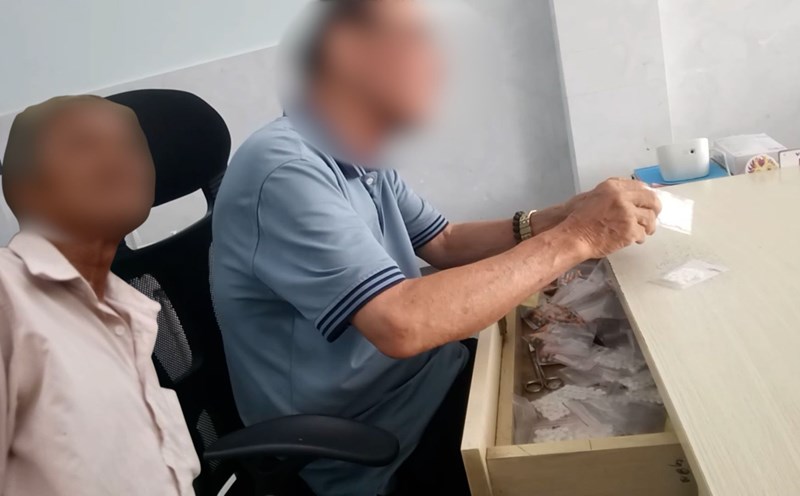Slow salary payment, slow social insurance payment
In a recent petition sent to Lao Dong Newspaper, Ms. Bui Men (name changed), a former employee of Mai Linh Group Joint Stock Company, said that since December 2023, the company has started to pay her salaries late and there has been no written notice or apology to employees for the delay in paying salaries. To receive her salary, Ms. Men had to make an "advance request" and wait for the company to consider and arrange.
By May 20, 2025, Ms. Men had quit her job at Mai Linh Group Joint Stock Company, but more than 2 months later, up to today, the company has given many reasons for not yet paying her remaining salary.
With a total amount of more than 40 million VND, equivalent to 4 months' salary. In addition, Mai Linh Group Joint Stock Company also did not pay social insurance to Ms. Men. from May 2024 to April 2025.
After studying the incident, we learned that due to repeated reminders to the company but not yet being paid full salaries and social insurance, Ms. Men complained to the Department of Culture - Social Affairs of the People's Committee of Saigon Ward, Ho Chi Minh City, where Mai Linh Group Joint Stock Company is headquartered.
According to the Conciliation Minutes dated July 21, the company's authorized representative confirmed that Ms. Men owed Ms. Men another salary and allowances of VND 44 million and the company had only paid social insurance to all employees until April 2024. At the same time, he said that he would report to the company's leaders to resolve her salary and social insurance and would notify Ms. Men.
We went to Mai Linh Group Joint Stock Company to investigate the incident. A company employee after photocopying our documents and press cards said that he would report to the company's leaders for answers. However, up to now, many days have passed, and we have not received any response from Mai Linh Group Joint Stock Company.
Talking to a reporter from Lao Dong Newspaper, Ms. Men said that although she had accompanied and shared the company's difficulties many times, the company had not yet paid her the late salary.
Agree to pay salaries in court... then delay
Also in Ho Chi Minh City, D.H.C Joint Stock Company (Tan Son Nhat Ward, Ho Chi Minh City) owes many employees wages.
Ms. Thanh Xuan, a former employee of D.H.C Company, said that the company also owed her nearly 19 million VND in salary. After many unresolved complaints, she filed a lawsuit against the company at the People's Court of Tan Binh District (old).
During the process of resolving the case, the company promised to pay the employees at the end of June 2025, so on May 29, the People's Court of Tan Binh District (old) issued a decision to recognize the agreement of the parties. Accordingly, by June 30, 2025 at the latest, D.H.C Company is obliged to pay Ms. Xuan nearly 19 million VND in salary.
Similarly, Ms. Ngan (name changed) also owed D.H.C Company more than 15.3 million VND in salary and also filed a lawsuit with the People's Court of Tan Binh District (old) and was also recognized by the People's Court of Tan Binh District (old) as the parties' agreement. No later than June 30, 2025, D.H.C Company is obliged to pay more than 15.3 million VND in salary to Ms. Ngan. However, up to now, D.H.C Company has not paid the salaries of these 2 employees.
We contacted Mr. Phan Tan Hao, Director of D.H.C Company, and Mr. Hao said that the company really owed employees' salaries as reflected. However, because the company is currently facing many difficulties, it has not been able to pay the salary immediately. At the same time, Mr. Hao said that he will try to arrange salary payments as soon as possible.
Lawyer Nguyen Huu Hoc (Ho Chi Minh City Bar Association) said that according to the 2019 Labor Code, employers are responsible for paying salaries directly, fully and on time to employees. Salary is considered a reasonable and valid input cost in production and business activities, deducted when calculating corporate income tax. Therefore, the company cannot citate the difficulties in paying wages, because workers only have the main source of income from wages to take care of themselves and their families.












